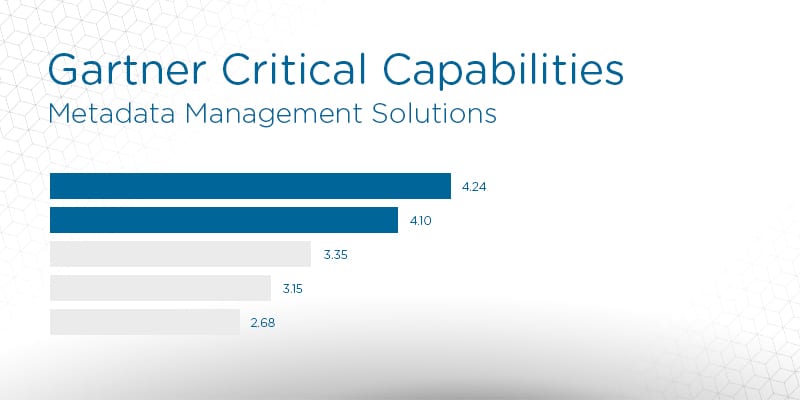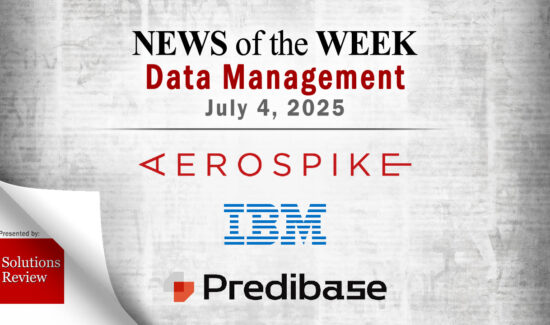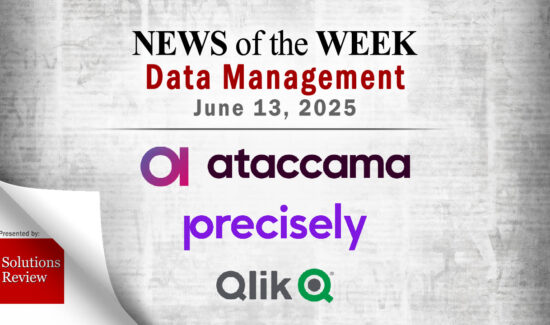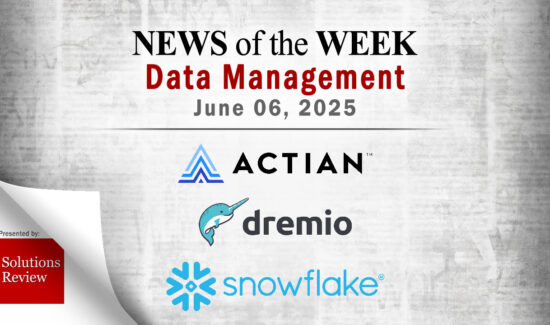2018 Gartner Critical Capabilities for Metadata Management Solutions: Key Takeaways


Analyst house Gartner, Inc. recently released its 2018 Critical Capabilities for Metadata Management Solutions, a companion resource to the popular Magic Quadrant report. Used in conjunction with the Magic Quadrant, Critical Capabilities is an additional resource which can assist buyers of data and analytics solutions in finding the products that fit best in their organizations.
Gartner defines Critical capabilities as “attributes that differentiate products/services in a class in terms of their quality and performance.” Gartner rates each vendor’s product or service on a five-point (five points being best) scale in terms of how well it delivers each capability. Critical Capabilities reports include comparison graphs for each use case, along with in-depth descriptions of each solution based on the various points of comparison.
The study highlights 14 vendors Gartner considers most significant in this software sector and evaluates them against 11 critical capabilities and four use cases prevalent in the space, including:
- Data governance
- Data risk and compliance
- Data analysis
- Data value
The editors at Solutions Review have read the report, available here, and pulled out three key takeaways.
Data governance is the top use case
Properly governed metadata provides a view into the data workflow, the ability to perform an impact analysis, and a common data model. Gartner notes that governance use cases must support situational application of policies and rules. More than 50 percent of those that responded to information requests from Gartner said that governance was their highest-priority use case. Collibra and DATUM scored the best for governance, with Smartlogic, Alex Solutions, and Informatica following behind.
Gartner recommends starting small with metadata management
The analyst house suggests that the best course of action is to smart small with metadata management by developing strategies surrounding data and analytics. They warn that embarking on the vendor selection process before clearly outlining the use cases for which the product is going to be used could wind up a disaster. Organizations should select the tool that will provide the most immediate benefit, and then add additional use cases over time.
Collibra is the report’s top scorer, with DATUM and Alex Solutions also performing well
The Collibra Data Dictionary documents an organization’s technical metadata and how it is used. It describes the structure of a piece of data, its relationship to other data, and its origin, format, and use. The solution serves as a searchable repository for users who need to understand how and where data is stored and how it can be used. The company scored in the top-two providers for each use case with the best scores for the governance and data risk and compliance use cases.
DATUM offers a strong alternative in both governance (2nd-highest score) and the data value use case (top score). Alex Solutions won the data risk and compliance, and data analysis use cases.
Read Gartner’s Critical Capabilities to see how all the top providers scored.




















